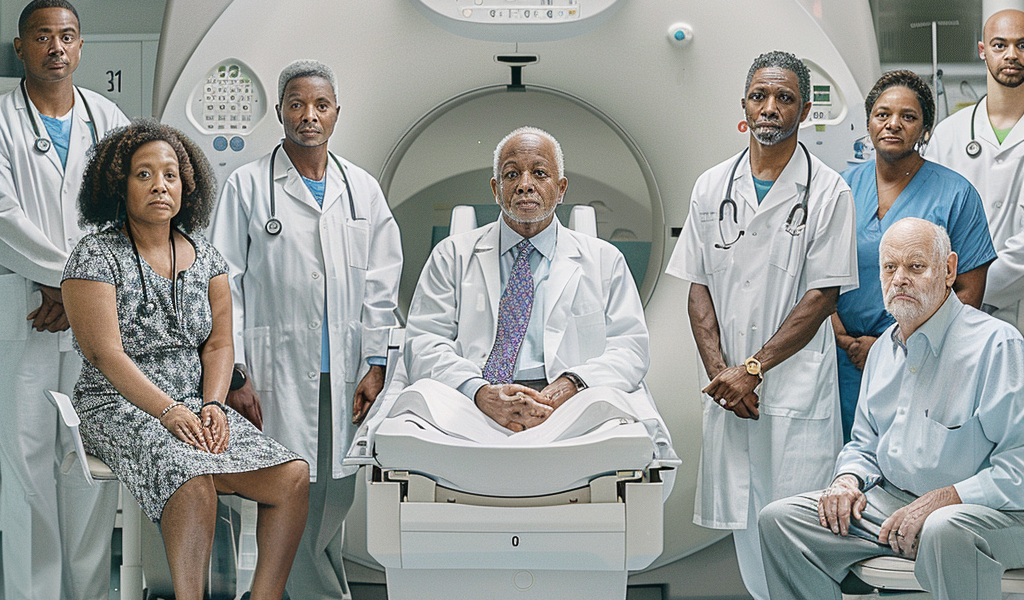A recent ‘real-world’ study involving over 57,000 U.S. veterans has provided concrete evidence that lung cancer screening (LCS) can indeed save lives. The research, published in the journal Cancer, highlighted that patients who underwent lung cancer screening via low-dose CT (LDCT) had significantly higher rates of early disease diagnosis compared to those who did not undergo screening.
The study, led by Donna Edwards, MD, PhD, from the University of Michigan, revealed that individuals who received LDCT screening had a 52% rate of early-stage disease diagnosis, in contrast to the 27% rate among unscreened patients. Moreover, the screened group exhibited lower rates of death from any cause and death specifically from cancer.
Michael Green, MD, PhD, co-author of the study and affiliated with the University of Michigan and the Veterans Affairs Ann Arbor Healthcare System, emphasized the positive impact of national efforts to promote lung cancer screening. Green expressed his astonishment at the substantial improvements in lung cancer outcomes observed as a result of increased screening initiatives.
Lung cancer stands as the leading cause of cancer-related deaths globally, with a significant number of patients being diagnosed at advanced stages. The current screening guidelines from the U.S. Preventive Services Task Force recommend annual LDCT imaging for individuals aged 50 to 80 with a history of at least 20 pack-years of smoking, including current smokers or those who have quit within the past 15 years.
While the benefits of lung cancer screening have been predominantly demonstrated through clinical trials, Edwards’ team sought to assess its real-world effectiveness within the Veterans Health Administration (VHA) healthcare system. The study, which analyzed data from 2011 to 2018, aimed to bridge the gap between trial outcomes and real-world patient scenarios.
One notable aspect of the study was the inclusion of a diverse patient population, reflecting real-world demographics. The researchers found no significant differences in age, gender, or race between individuals who had undergone prior screening and those who had not.
The findings of the study underscored the following key outcomes:
- Rates of early-stage disease: 27% in unscreened patients versus 52% in screened patients
- Rates of death from any cause: 72.1% in unscreened patients versus 49.8% in screened patients
- Rates of death from cancer: 70.3% in unscreened patients versus 41% in screened patients
- Overall survival rates at various intervals, showcasing significantly higher rates in the screened group
- Lung cancer-specific survival rates, indicating improved outcomes among screened patients
The study’s comprehensive analysis revealed a clear advantage in terms of early detection and improved survival rates for lung cancer patients who underwent screening. These findings further support the critical role of LCS in enhancing patient outcomes and reducing mortality associated with this prevalent form of cancer.





